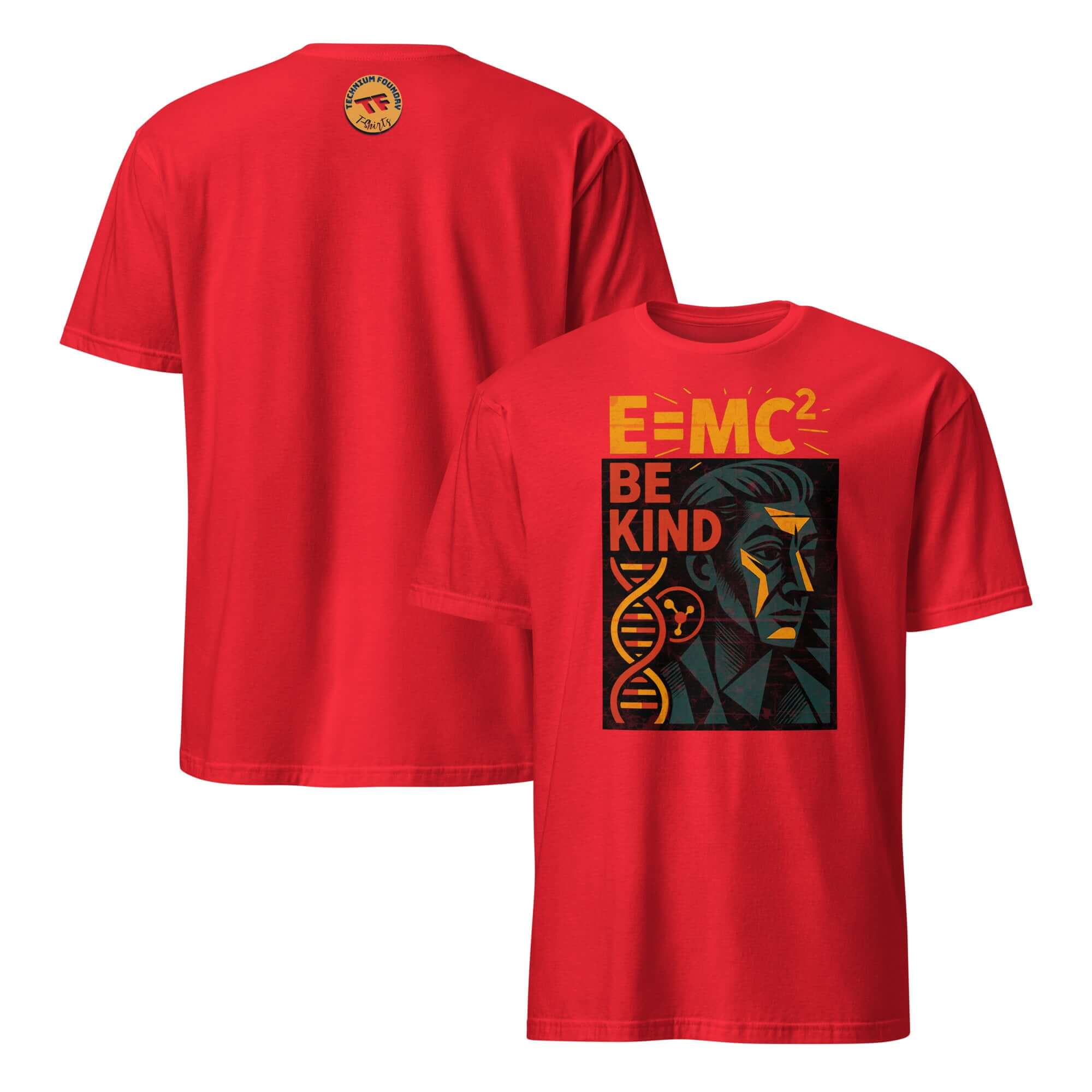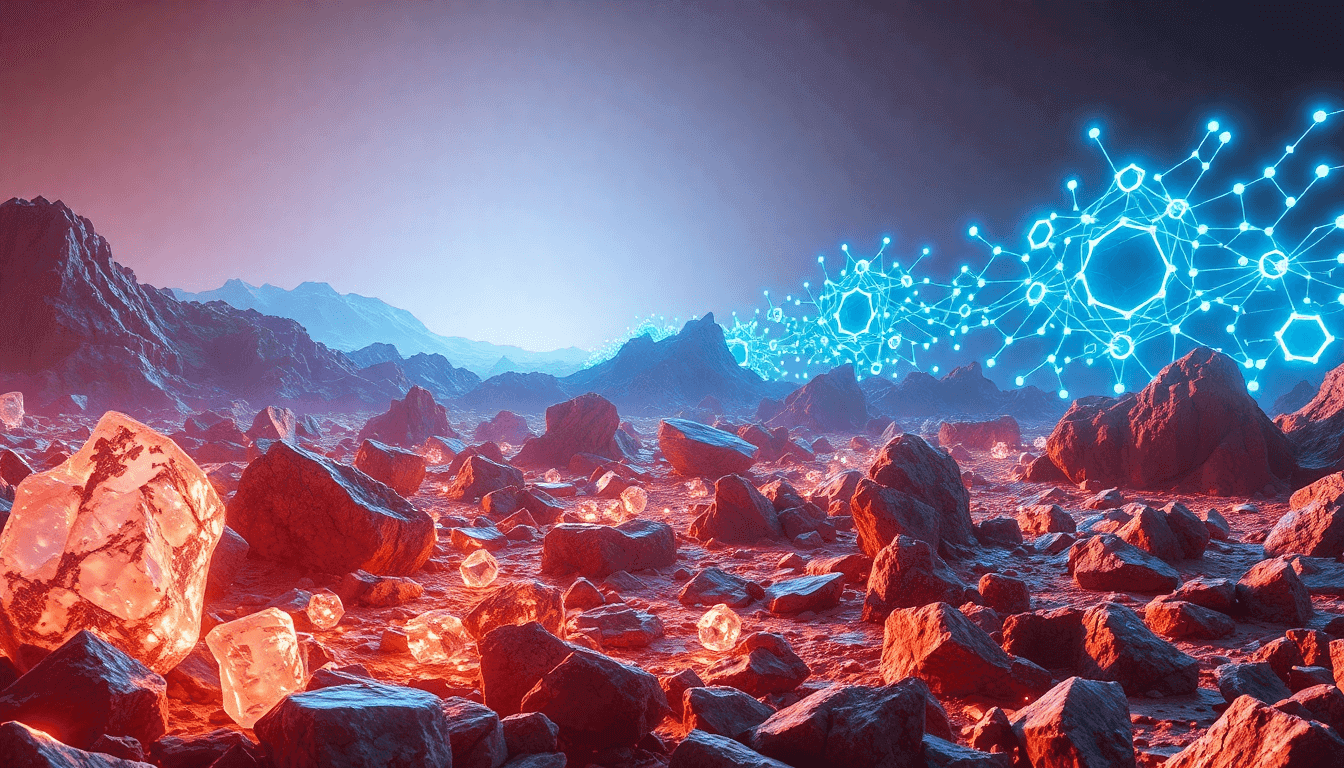Are you tired of the mundane 9-to-5 grind and yearning to don a lab coat, safety goggles, and a pocket protector? Well, my friend, you've come to the right place. Welcome to the world of scientific careers, where the only limit is your imagination (and, you know, the laws of physics).

Introduction to Scientific Careers
Picture this: you, surrounded by beakers, Bunsen burners, and a whole lot of intellectual stimulation. As a scientist, you'll have the opportunity to unravel the mysteries of the universe, one experiment at a time. From astrophysicists studying the cosmos to microbiologists exploring the microscopic realms, the scientific community is a diverse and fascinating bunch.
But before you start dreaming of your Nobel Prize acceptance speech, let's dive into the nitty-gritty of how to become a scientist. It's not as simple as just mixing a few chemicals and hoping for a groundbreaking discovery (although that would be pretty cool).
Educational Pathway
The road to scientific stardom begins in high school, where you'll want to load up on those STEM (Science, Technology, Engineering, and Mathematics) courses. Calculus, biology, chemistry, and physics – the more, the merrier. Think of it as building a solid foundation for your future lab antics.
Next up, it's time to tackle that bachelor's degree. A Bachelor of Science (B.S.) is the typical starting point for most scientific careers. Whether you choose to major in biology, chemistry, physics, or something equally geeky, you'll be well on your way to becoming a bona fide researcher.
But wait, there's more! For those of you who really want to dive deep into the world of science, advanced degrees like a Master's or a PhD are the way to go. These programs will hone your research skills, deepen your subject matter expertise, and make you the envy of your friends at the next trivia night.
Essential Skills for Scientists
Now, you might be wondering, "What exactly does it take to be a successful scientist?" Well, let me tell you, it's not just about being a whiz at the periodic table. Nope, there's a whole host of skills you'll need to cultivate.
First and foremost, you'll need to be a master of technical abilities. From operating complex lab equipment to coding data analysis software, the modern scientist is a veritable Renaissance person. And don't forget about those research methodology chops – designing experiments, collecting data, and drawing insightful conclusions is all part of the job description.
But wait, there's more! Data analysis skills are a must-have in the scientific world. You'll need to be able to sift through mountains of information, spot trends, and present your findings in a way that even your non-scientist friends can understand (or at least pretend to).
And let's not forget about those all-important laboratory skills. Pipetting, titrating, and, of course, the ever-essential skill of not accidentally setting the lab on fire – these are the hallmarks of a true scientific superstar.
Career Exploration in Science
Now that you've got the educational and skill-building foundations covered, it's time to start exploring the vast and varied world of scientific careers. From astrophysicists studying the cosmos to microbiologists unraveling the mysteries of the microscopic world, the options are truly endless.
One of the key decisions you'll need to make is whether you want to pursue an academic or industry-based research path. Academia offers the opportunity to delve deep into your area of expertise, while industry research can provide a more applied, problem-solving approach. The choice is yours, my friend – just make sure to keep an open mind and explore all the possibilities.
Professional Development
As you embark on your scientific journey, it's important to remember that the learning never stops. Continuous skill development and professional networking are crucial for staying ahead of the curve.
Seek out research opportunities, whether it's through internships, undergraduate research programs, or even volunteering in a local lab. These hands-on experiences will not only bolster your resume but also help you discover your true scientific passions.
And don't forget the power of networking! Attend conferences, join professional organizations, and connect with fellow scientists. You never know when that chance encounter might lead to your next big breakthrough (or at least a free lunch).
Challenges and Rewards
Let's be real – becoming a scientist isn't all fun and games. There will be challenges along the way, from securing funding for your research to navigating the sometimes-cutthroat world of academic publishing. But trust me, the rewards far outweigh the obstacles.
Imagine the satisfaction of solving a complex problem, the thrill of making a groundbreaking discovery, or the pride of seeing your work make a real-world impact. As a scientist, you'll have the opportunity to push the boundaries of human knowledge and contribute to the greater good of society.
Practical Steps to Becoming a Scientist
Alright, now that you've got the big picture, let's dive into the nitty-gritty of how to actually become a scientist. First and foremost, start building up that research experience. Seek out internships, volunteer in local labs, or even get involved in undergraduate research projects. These hands-on experiences will not only beef up your resume but also help you discover your true scientific passions.
Next, start crafting that professional portfolio. Showcase your technical skills, research projects, and any publications or presentations you've been a part of. This will be your ticket to getting into those coveted graduate programs.
Speaking of graduate programs, it's time to start exploring your options. Whether you're aiming for a Master's or a PhD, make sure to research the programs, faculty, and research opportunities that align with your interests. And don't forget to start preparing for those all-important entrance exams and application materials.
Conclusion
So, there you have it – your comprehensive, humorous guide to becoming a scientist. From mastering the art of pipetting to navigating the world of academic research, you're now armed with the knowledge and tools to embark on your scientific journey.
Remember, the path to scientific stardom is not an easy one, but it's certainly a rewarding one. So, what are you waiting for? Grab your lab coat, safety goggles, and get ready to unlock your inner scientist. The future of scientific discovery is in your hands!
















